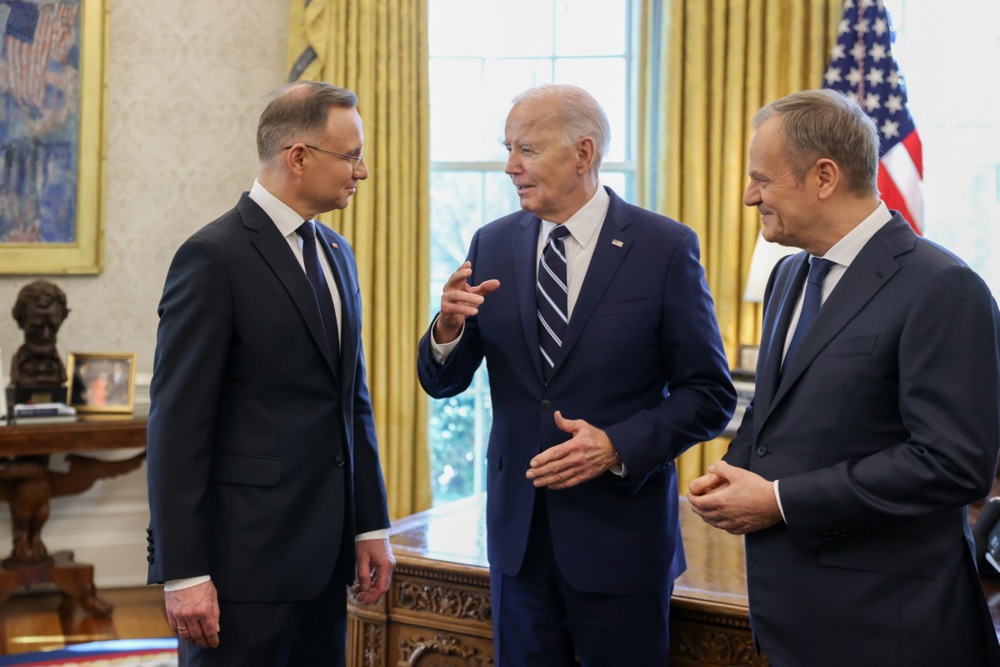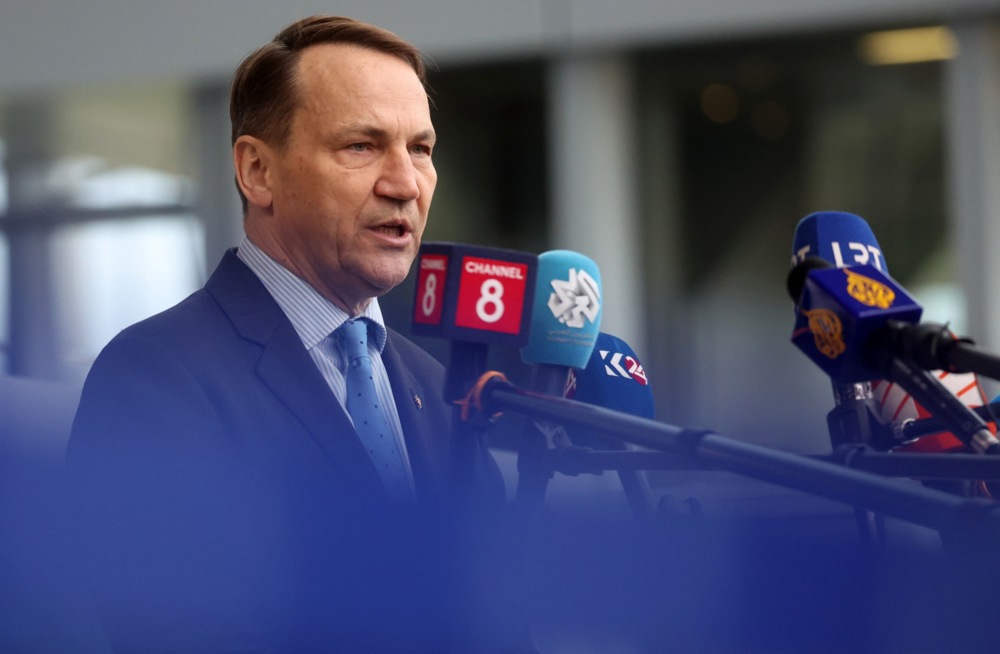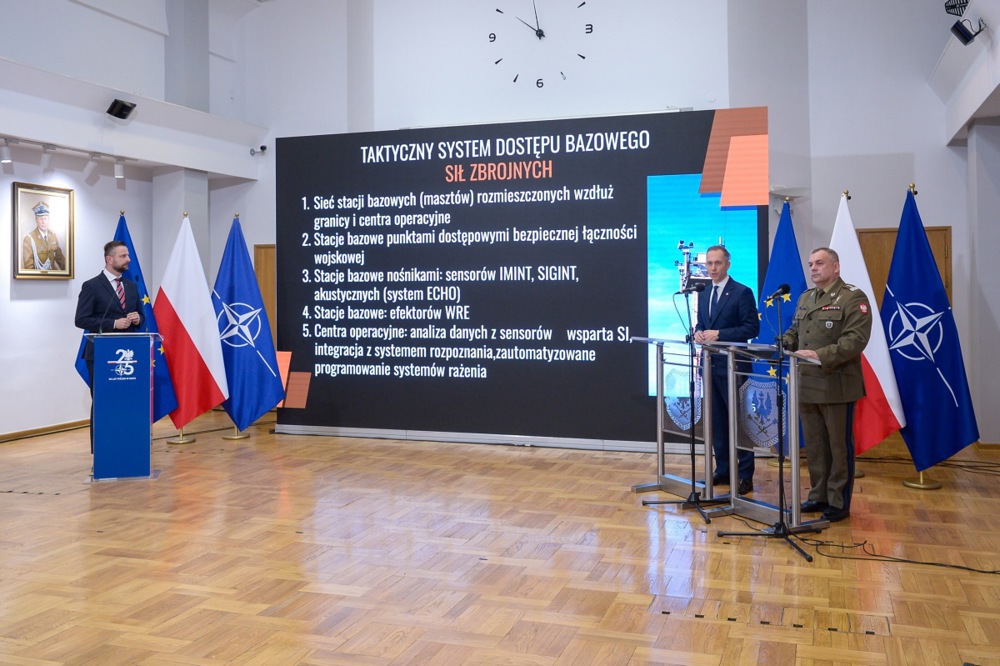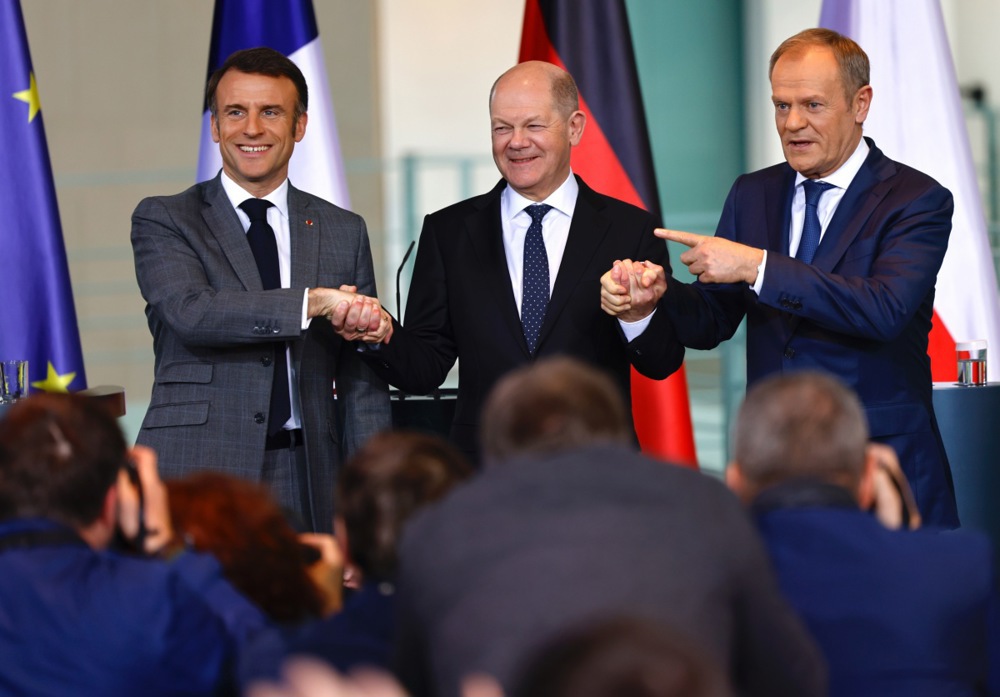Polish deputy foreign minister Władysław Teofil Bartoszewski has said that Hungary could leave both the European Union and NATO and “create a union with [Russian President Vladimir] Putin and authoritarian States” instead.
Bartoszewski is a member of the centre-right Polish People’s Party (PSL), part of the ruling coalition headed by Prime Minister Donald Tusk.
He was responding to a speech on July 27 by Hungary Prime Minister Viktor Orbán who criticised the West and accused Poland of “hypocrisy” and “moral lecturing” on relations with Moscow when Waraw continued to buy Russian oil via intermediaries.
In his speech, given at an event for the ethnic Hungarian minority in Romania, Orbán criticised the EU for unconditional support of US foreign policy and praised Russia’s “soft power” on resisting LGBT ideology and supporting Christianity.
He was scathing about relations with Poland and blamed it for what he considered the demise of the Visegrad group made up of Poland, Hungary, Czechia and Slovakia, in favour of what he called the London-Warsaw-Kyiv “axis” whose only goal was to weaken Russia.
The Hungarian PM’s comments prompted a furious response from Bartoszewski who told the Polish Press Agency (PAP): “We do not do business with Russia, unlike Prime Minister Orbán, who is on the margins of international society – both in the EU and NATO.”
According to Batoszewski, Orbán’s speech was “an attack on Poland, the US, the EU and NATO” and added: “I don’t really understand why Hungary wants to remain a member of organisations that they don’t like so much and that supposedly treat them badly.”
The Polish minister then called on Hungary to leave both the EU and NATO and establish a formal alliance with Putin and other non-EU States.
“If you don’t want to be a member of a club, you can always leave,” he said. “Why doesn’t he [Orban] create a union with Putin and some authoritarian States of this type?”

Hungarian foreign minister Péter Szijjártó said Bartoszewski’s “reaction proves that the truth hurts”.
“While the current Polish Government judges and accuses us because we import petroleum from Russia … if we take a good look at the list of buyers of one of the largest Russian oil companies, we will certainly find the Poles there as well,” added Szijjártó.
“You shouldn’t be hypocritical and accuse others.”
Szijjártó was referring to the fact that although Poland ended most of its Russian oil imports in 2022 after the invasion of Ukraine, Poland’s State energy giant Orlen has continued to import significant amounts of Russian oil for its refineries in the Czech Republic.
Szijjártó’s response was commented on angrily by Polish MEP Krzysztof Brejza, a member of Donald Tusk’s Civic Coalition (KO). who called the minister a liar and Orbán a “dictator”.
During the last Conservative (PiS) government’s term, Poland and Hungary were close allies in the EU but relations cooled after the Russian invasion of Ukraine. That was after Poland objected to Hungary’s stance of maintaining good relations with Russia and itself chose to be at the forefront of the effort to assist Ukraine.
Relations took a turn for the worse with the arrival of Poland’s current centre-left government led by Tusk. Earlier in July, Tusk mocked Orbán’s “peace mission” to Moscow, asking: “Is there anyone who feels safer after Viktor Orbán’s exchange with Vladimir Putin on the ‘post-war European security architecture’?”
But the major sticking point of late has been the fact that Hungary has blocked EU funds earmarked for Poland to compensate it for Warsaw’s military aid to Ukraine.
Tusk and Orbán were once allies within the European People’s Party (EPP). They parted company when Orbán became sceptical of an “ever closer EU” and argued for a Europe of nation States together with the PiS.
Tusk later played an instrumental role in pushing Orbán’s Fidesz party out of the EPP and in the European institutions’ campaign to bring the Hungarian PM in line by denying his country access to its post-pandemic funding.





